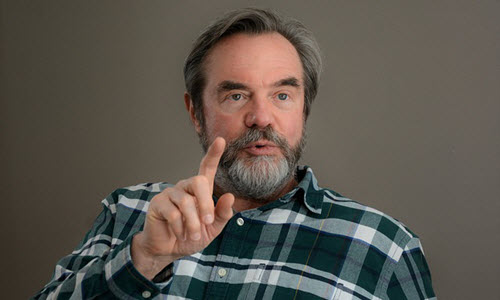You’re no better than your sources, and the more varied and deep the information they can provide, the more effective your research and stories are.
Some of your sources may be relatively tight-lipped and not forthcoming, but many will cooperate. Others are all too happy to, and that can turn out to be a problem.
People are willing to be sources for any of various reasons. The attention might make them feel important or they might want to feel famous. Maybe its part of marketing themselves or their businesses or they have some unknown axe to grind. Some people want to feel useful and helpful.
All that is fine. However, different motives can lead people to a similar direction of exaggerating what they know. You’ve probably seen this in action, even if it wasn’t obvious. When you interview them, they speculate on aspects of events or story that they wouldn’t necessarily know. Or someone might say in passing that they’re boning up on the event to be able to talk.
Sometimes that is necessary. You could be speaking with a lawyer, doctor, scientist, or other expert that has insight but needs background information to weigh in on the specifics.
Then again, sometimes it means someone is looking for publicity, whether simply to get their name “out there” or to associate themselves with an area heretofore unconnected with them or their business. Or it could be that a PR person, determined to get a client interviewed, will assume that the person has more relevant expertise than is the case.
Such excursions aren’t as helpful to your story as needed. The content of their comments will be off, for one. Either the insights won’t have much depth or they will be otherwise slightly off kilter. Here are some steps you can take to try and avoid people who claim more expertise than they actually have.
Set expectations for sources
Be clear going into interviews that you need specific expertise. Ask whether the person has knowledge of events in question or if they have had to deal with a similar situation. Mind you, if you’re talking about a professional of some sort who is giving an opinion based on a relevant body of knowledge. If the person doesn’t have the necessary background, or if a PR rep assures you that they would probably be able to answer, thank them for their time and explain that it may not be the best fit.
Investigate while interviewing sources
When conducting interviews, drill down into their knowledge and experience and whether they are relevant. No need to be rude or overly aggressive. Just probe. Look for solid and specific answers. The more general the response, the more likely that you’re speaking with someone trying to put on a good show.
Book extra people as sources
Book more sources than you figure will be necessary. That way you have additional information and voices, which can be useful, and you have overlap in case someone leaves you feeling as though their answers are so much processed fertilizer.











